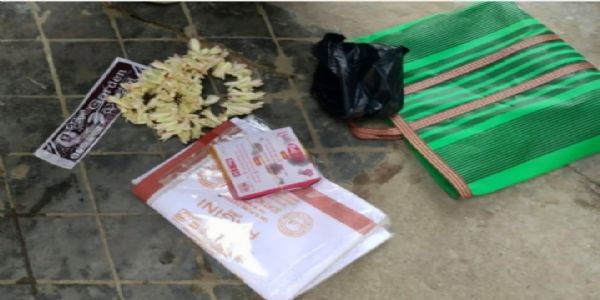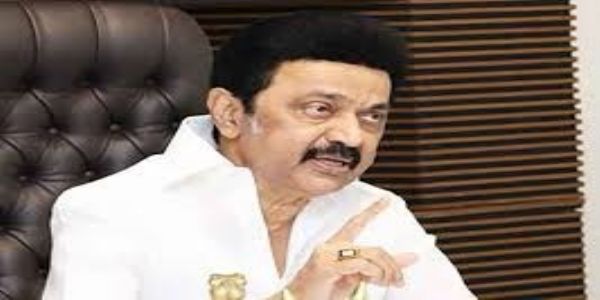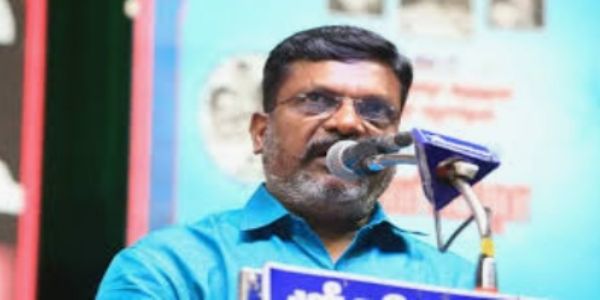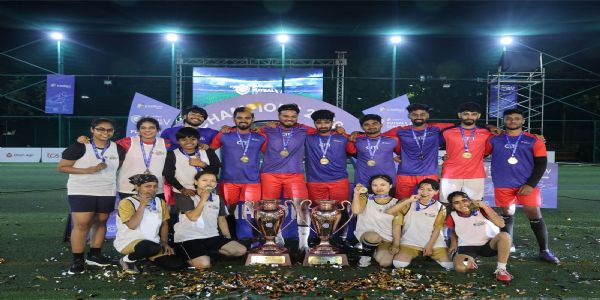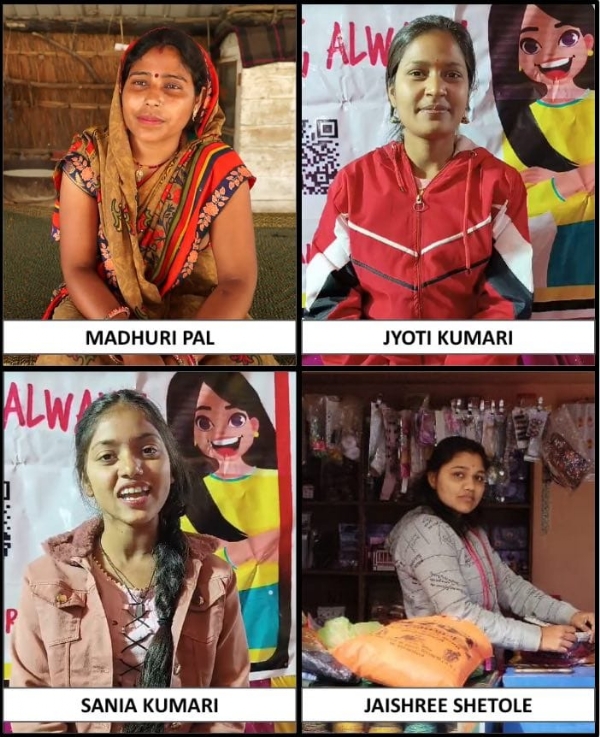
11
January (H.S.): Despite their limitless potential, rural youth struggle with a
multitude of socio-economic issues, such as unemployability, a paucity of
growth opportunities, and systemic barriers. This calls for targeted outreach
strategies and grounded solutions to bring equal opportunities to rural India
so that the youth and their communities can flourish.
On
National Youth Day (January 12), the uplifting stories of four rural women
highlight the transformative impact of scalable efforts at the grassroots. Some
of them are forging new paths as entrepreneurs, while others are leading by
example to inspire change, paving the way towards socio-economic progress.
An
overview - Sania Kumari: Hailing from the Darbhanga district in Bihar, Sania
has evolved into an empowered youth champion, spreading awareness about
menstrual health and reproductive hygiene in her community. In 2017, Sania
became a member of Kishori Samooh (Adolescent Group), a platform supported by
Population Foundation of India. Equipped with knowledge , she began to actively
work towards reducing the stigma and misinformation around menstrual health. By
2020, Sania was leading 'Ekta Kishori Samuh' and had also set up a sanitary pad
bank for the benefit of underserved girls. She shares, Initiatives like
Kishori Samooh play a critical role in empowering girls in rural communities
and showing them that they matter. Population Foundation of India enabled me to
show my peers that they too can overcome social and cultural barriers to become
leaders within their communities.
Jyoti
Kumari: Born into a family of daily wage workers in Nawada, Bihar, Jyoti Kumar
has become an inspiring youth champion. As part of Population Foundation of
India's youth collectives during the pandemic in 2020, Jyoti formed two
adolescent groups cumulatively comprising 55 girls, creating a space for them
to learn about menstrual hygiene and safe sexual and reproductive health
practices. She also took the initiative of establishing sanitary banks for
women and girls in her village. Trained by Population Foundation of India to
make sanitary cloth pads, Jyoti promoted these cost-effective and eco-friendly
alternatives within her community. Her efforts to empower girls did not stop
there; Jyoti also organised free computer learning classes to help them build
skills and move towards self-reliance.
Jaishree
Shetole: Jaishree Shetole from Niwali, Madhya Pradesh was unable to continue
her education after the 10th standard. After the end of an abusive marriage,
she found herself starting from scratch at her parents' place with her two
children. She recalls, My life changed when I met Transform Rural India's
youth fellow Vandana Ahire during a youth mobilization drive. She connected me
to the enterprise facilitation hub in the Niwali block.
Post
counselling, she enrolled in a long-duration skill training program focused on
tailoring and boutique management at the Industrial Training Institute (ITI)
Niwali. Though she arranged some funds to start a boutique, she needed help to
expand her business. She approached the Enterprise Facilitation Hub at Niwali
and attended the Gender Integrated-Accelerated Entrepreneurship Development
Program (AEDP). She reminisces, “AEDP is like a mini-MBA and it helped me to
understand the significance of the 5 Ps (Product, Place, Price, People, and
Promotion) and equipped me with real-world knowledge.” She also prepared a
business plan for the next three years and received a loan via the social
investment platform Rang De. Now, well-versed with digital marketing, she is
all set to employ youth in her community. She also hopes to establish a
stitching training centre that will help women to gain financial independence.
Madhuri
Pal: Madhuri Pal hails from Jagan Purwa village (Lakhimpur Kheri) and runs a
flourishing milk collection centre. Her
success however did not come easy. She
recalls, Conspiracies by local milkmen and delayed payments to farmers
who supplied milk created a slew of problems. Initially, some conspirators
laced my supply with some coagulator to spoil the milk, but I was determined to
succeed. A little more care and quick payments to the farmers solved the issue
eventually. She also took loans from a Self-Help Group (SHG) powered by
development designers Transform Rural India (TRI) and a CLF (Cluster-Level
Federation) to create a regular cycle of payments to the milk suppliers. She
says with pride, My milk collection centre started with a mere 5 litres
and now we gather at least 2.5 quintals per day. Just a few years ago,
despite being a postgraduate, Madhuri was just a homemaker while her husband, a
farmer, was the only earning member of the family. Today Madhuri contributes
handsomely to the household income. The Rang De Groundbreaker Entrepreneur
program has offered her financial support through TRI to further expand her
enterprise and now Madhuri also supplies khoya (solid condensed milk) and
paneer (cottage cheese) and aspires to set up an ice cream-making unit. She also serves as a Board Director of the
TRI-supported Women Farmer Producer Company (WFPC).
Hindusthan Samachar / Abhishek Awasthi





